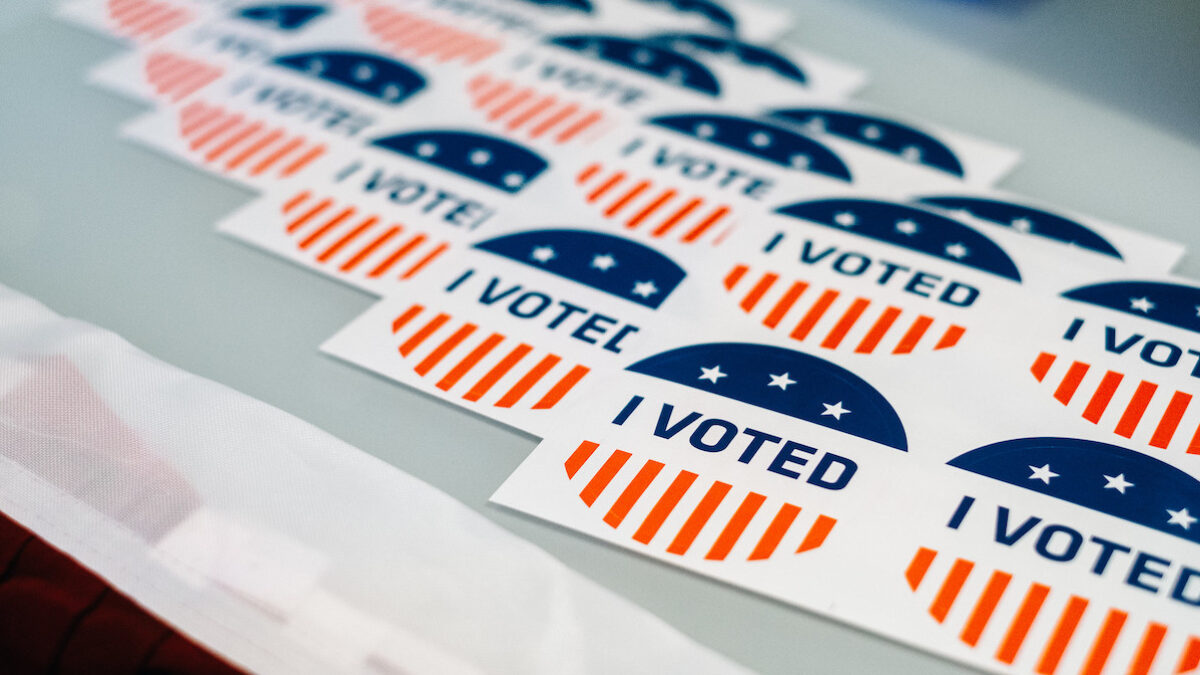Following the refusal by Michigan’s leading Democrat election official to remove ineligible voters from the state’s voter rolls, election integrity activists are taking matters into their own hands.
Last week, Check My Vote (CMV), a network of “independent volunteer database experts and data analysts” working to ensure election integrity in Michigan, launched a new website called checkmyvote.org, which allows Michiganders to “view their own voting histories and the registered voters in their area — at no charge.” While residents and clerks are able to see how someone voted, the “secrecy of a person’s ballot is protected.”
“User feedback is helping us put Michigan on the cutting edge of voter roll truth and accuracy,” Tim Vetter, co-developer and co-founder of checkmyvote.org, said in a statement. “Dirty voter rolls are a national security issue.”
Working alongside CMV is Michigan Fair Elections (MFE), a grassroots organization that, through its Soles to the Rolls initiative, is encouraging its volunteers throughout the state to use checkmyvote.org to identify potential irregularities in Michigan’s voter rolls. According to a Michigan Fair Elections press release, the website “includes a ‘Clerk’s Dashboard’ to assist in cleaning the [state’s Qualified Voter File] by monitoring existing and new registrations and flagging anomalies.” Only Michigan law enforcement, municipal clerks, and “approved election integrity volunteers” will have access to the dashboard, however.
“Our goal is simple. We are helping to clean Michigan’s QVF and keep it clean,” MFE Chair Patrice Johnson said. “We have a right to fair elections and a civic duty to participate in the process.”
The launch of the CMV website comes following attempts by Democrat Secretary of State Jocelyn Benson to dismiss legal efforts aimed at removing dead registrants from the state’s voter rolls. As The Federalist previously reported, the Public Interest Legal Foundation (PILF) notified Benson in 2020 about dead registrants remaining on Michigan’s voter rolls, “but Benson did nothing about it.”
After a year of inaction, PILF filed a lawsuit against Benson in November 2021 for her failure to remove nearly 26,000 deceased registrants from the state’s rolls, which PILF argued was a violation of the National Voter Registration Act of 1993. The law requires state officials to make “a reasonable effort to remove the names of ineligible voters from the official lists of eligible voters.”
In records previously provided to The Federalist by PILF, one of the dead registrants remaining on Michigan’s voter rolls is Pauline Schmainda, who was born in 1908 and died in 1990. Another is Mary Stislicki, who was born in 1913 and died in 1997.
Despite a federal judge denying her attempt to dismiss the suit in August, Benson has continued to fight PILF’s suit in court.
It’s also worth noting that Michigan is an active member of the Electronic Registration Information Center (ERIC), an organization with connections to Democrat activist David Becker that was “sold to states as a quick and easy way to update their voter rolls.” In actuality, ERIC inflates voter rolls by requiring member states to contact eligible but unregistered residents to register to vote.
In addition to founding ERIC, Becker is also the founder of the Center Election Innovation and Research (CEIR), one of the two major nonprofits that funneled $419 million in grant funds from Meta CEO Mark Zuckerberg to government election offices during the 2020 election. These “Zuckbucks” went overwhelmingly to the blue areas of swing states, funding Democratic GOTV efforts and tipping the election in then-candidate Joe Biden’s favor.
As The Federalist previously reported, CEIR enjoys an active relationship with ERIC, which transmits the voter-roll data it receives from states to CEIR. Upon receiving the data, CEIR “then develops targeted mailing lists and sends them back to the states to use for voter registration outreach.” In other words, CEIR — a highly partisan nonprofit with a history of left-wing activism — is creating lists of potential (and likely Democrat) voters for states to register in the lead-up to major elections.





